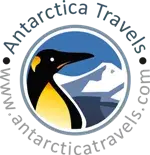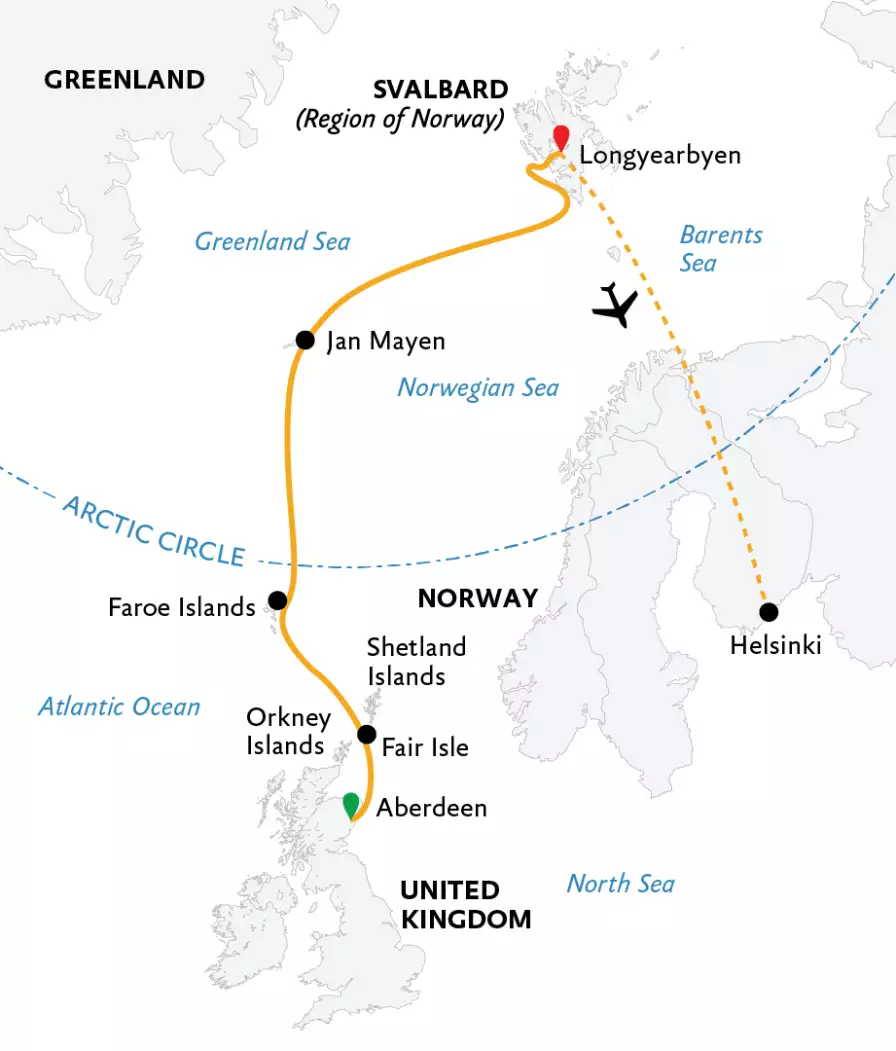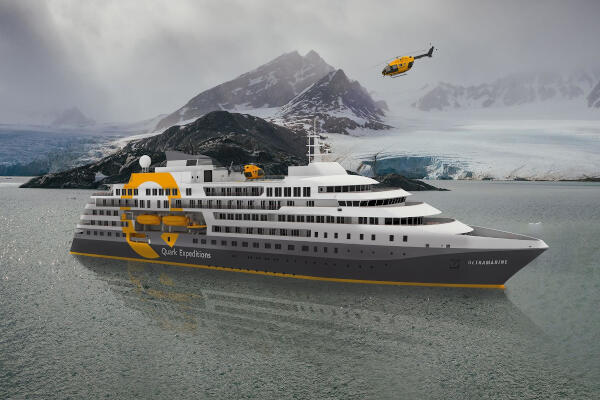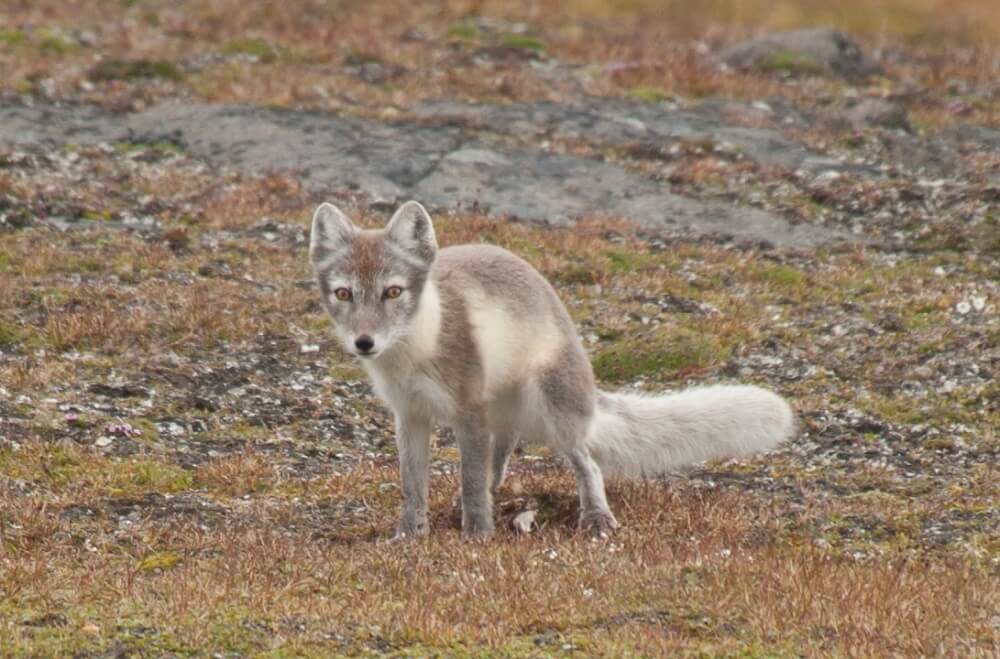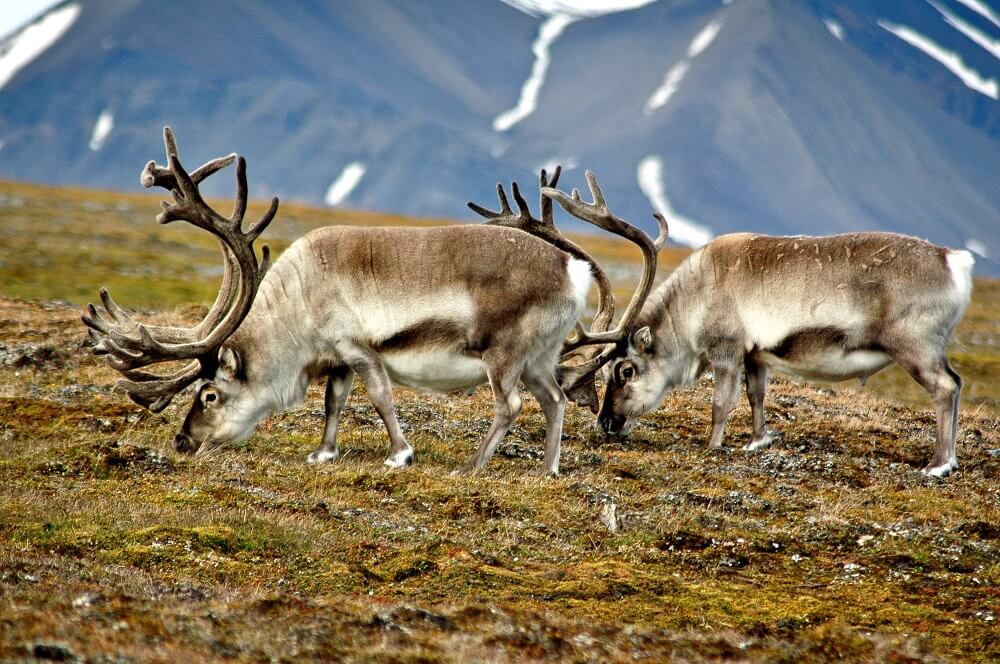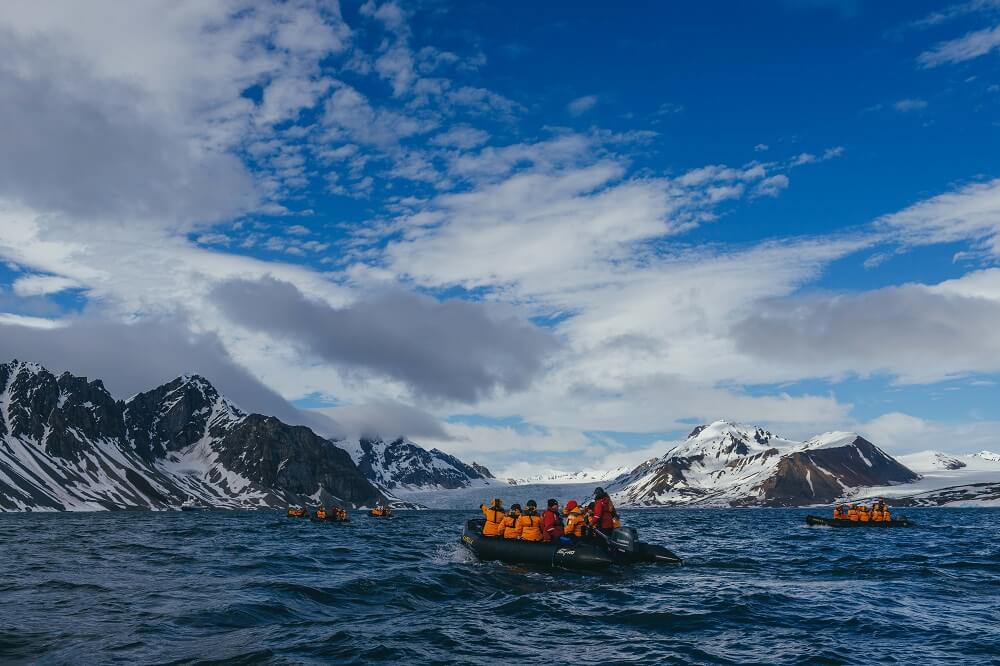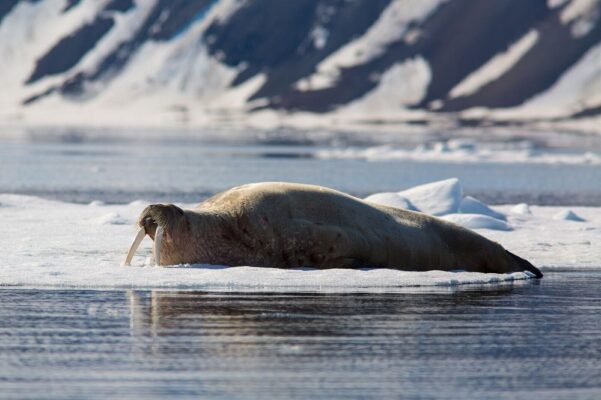Advanced filters:
Destination:
Month:
Year:
Trip Length:
Price:
Arctic Saga: Exploring Spitsbergen via the Faroes and Jan Mayen
Start : 29 Apr, 2025 End : 12 May, 2025
Departure : Aberdeen Arrival : Longyearbyen
14 Days
Explorer Suite
Balcony Suite
Deluxe Balcony Suite
Penthouse Suite
Solo Panorama
Owner's Suite
Ultra Suite
Explorer Triple
SOLD OUT
Terrace Suite
SOLD OUT
Arctic Saga: Exploring Spitsbergen via the Faroes and Jan Mayen
Start : 2 May, 2026 End : 16 May, 2026
Departure : Aberdeen Arrival : Longyearbyen
15 Days
Deluxe Veranda Forward
Veranda Stateroom
Veranda Suite
Studio Single
Junior Suite
Penthouse Suite
SOLD OUT
Owners Suite
SOLD OUT
Studio Veranda Single
SOLD OUT
